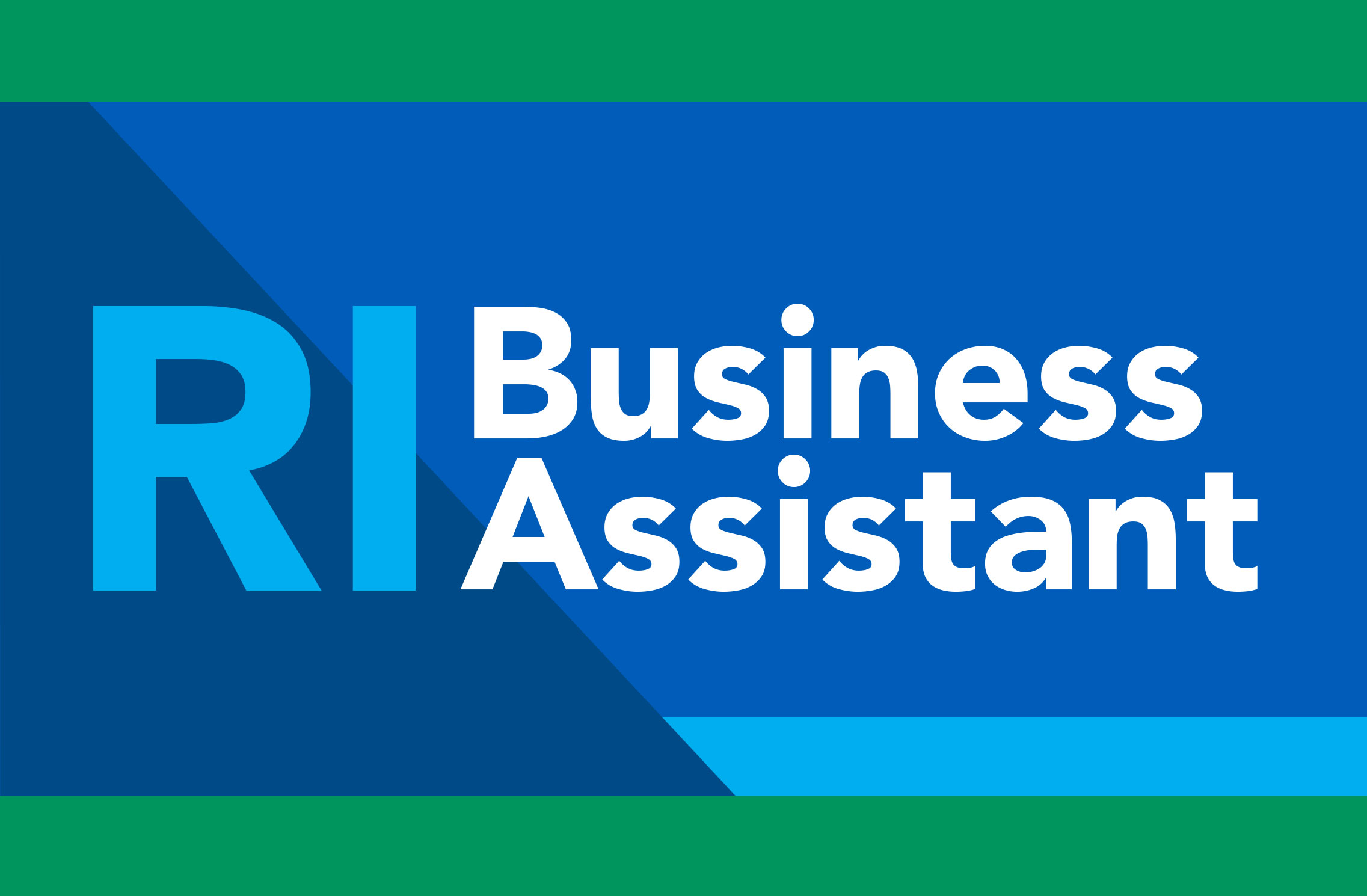Employees
Hiring employees for your non-profit corporation is an important step. You should understand certain critical concepts before making employment decisions. Consulting with a legal and/or accounting professional will be very helpful during this process.
Why is classifying workers important?
One of the most common mistakes made when hiring employees is misclassifying workers. Misclassifying a worker may cause the non-profit to owe penalties, back taxes, and back pay. Each employee must be classified as an independent contractor or an employee. For employees only, you also need to determine whether the employee is “exempt” or “non-exempt” from overtime. In Rhode Island, these classifications are governed by both federal and state law.
The US Department of Labor (DOL) sets federal employment standards. The RI Department of Labor and Training also sets and enforces requirements for employers in the state. While Rhode Island follows the federal Fair Labor Standards Act (FLSA), its laws apply different definitions and mandate different minimum wage and overtime rates.
For more information on the FLSA, visit the US Department of Labor’s helpful Reference Guide.
What is the difference between Independent Contractors, Employees & Volunteers?
The Internal Revenue Service provides guidance on the defining features of independent contractors, employees, and volunteers.
Independent contractors:
- Are self-employed.
- Provide services under a written contract or verbal agreement.
- Do not work regularly for an employer.
- Control what will be done and how. The employer defines only the end product.
Example: your organization is holding a fundraising dinner at a local venue and it hires an event
planner. The event planner is likely an independent contractor.
Employees:
- Are hired for an hourly wage or annual salary.
- Perform work regularly for the employer.
- Do not control what will be done and how. The employer defines both the end product and how the work is completed.
Example: you hire an office manager for your non-profit to manage its day-to-day operations.
Volunteers:
- Perform work for a non-profit corporation without any compensation, including tips and bonuses.
- Can be reimbursed only for actual expenses incurred, such as travel costs.
Example: a volunteer for your non-profit hands out promotional items at an event. You can reimburse the volunteer for parking expenses, but cannot give them a gift card to purchase lunch.
Have more questions?
The IRS has resources available to help you decide whether a worker is an independent contractor or an employee. A legal and/or accounting professional can also help you navigate the complexities of hiring and classifying employees.
Additional Resources
Regulation
- Internal Revenue Service
- U.S. Department of Labor
- U.S. Occupational Safety and Health Administration
Finding Employees

